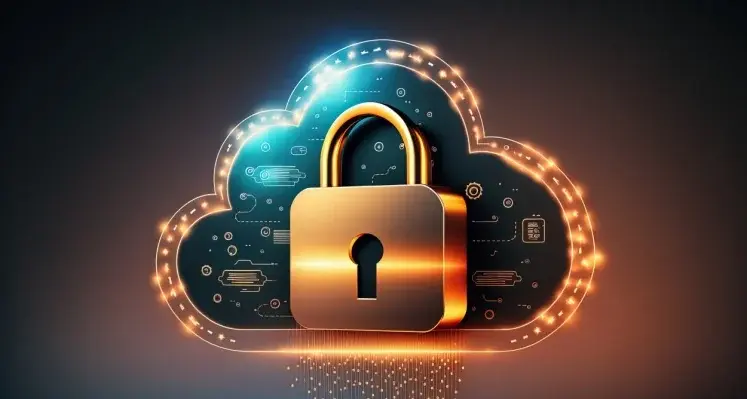Kaspersky has introduced a crucial resource for cybersecurity professionals: the 'Windows Digital Forensics' course, aimed at enhancing incident response capabilities with essential skills in threat detection and digital forensics
In 2023, more than 20% of cyberattacks persisted for over a month, highlighting the urgency for businesses to reduce "detection-to-resolution" times. Addressing the challenge of a skills shortage, Kaspersky has introduced a training course focusing on a critical aspect of incident response.
The 'Windows Digital Forensics' course aims to equip professionals with essential skills in digital forensics, providing comprehensive understanding and practical experience. Detecting digital traces of attack development is crucial, especially when preventive measures fail.
Participants will learn methods for acquiring diverse digital evidence, identifying traces of malicious activity, and using timestamps from Windows artifacts to reconstruct incident scenarios. The course covers analysing browser and email histories, incident scoping, evidence acquisition, log file and network analysis, creation of Indicators of Compromise (IoCs), and memory forensics.
Developed by Ayman Shaaban, digital forensics and incident response group manager at Kaspersky, the training leverages his extensive cybersecurity expertise. Participants will apply their knowledge in a secure virtual lab designed to assess and enhance practical skills.
This course is part of a series focused on incident response, allowing professionals to customise their educational journey in this critical field. It benefits companies enhancing their incident response teams and individuals seeking to elevate their technical analysis skills in digital forensics.
“To achieve cyber-resilience, organisations must be prepared for incidents by managing logs centrally, retaining them for extended periods, and safeguarding them against tampering, malicious access, or accidental loss. They also need the ability to conduct forensic investigations promptly when necessary. During this training course, you will get acquainting with digital forensics as an important part of the incident response process and will be equipped with useful knowledge that help you to swiftly handle, contain, understand and recover from cyber-attacks and effectively minimise their impact in the quickest way possible”, commented Ayman Shaaban.






















